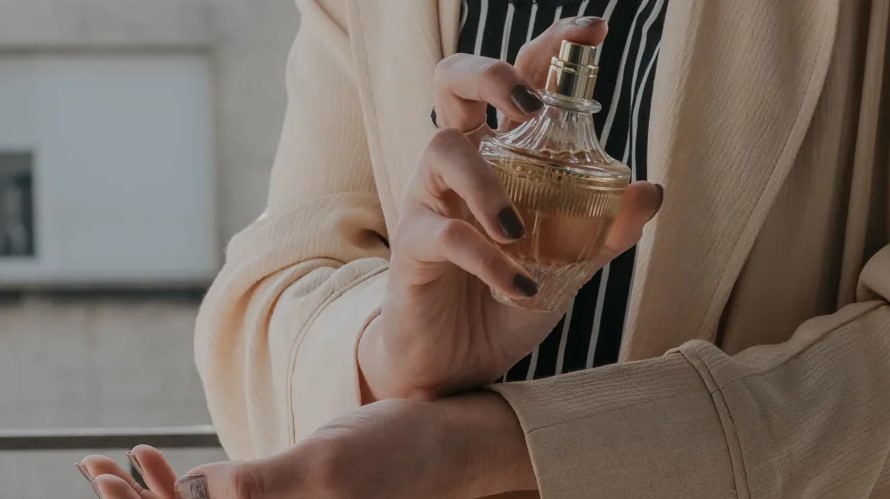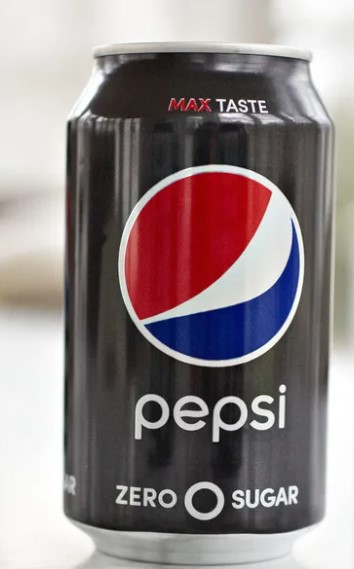Ahimsa Fellowship 2023
June 13, 2025

Every beauty professional has their nonnegotiable steps. In our series Like a Pro, we tap experts for the top three techniques they absolutely swear by. Here, you'll hear from a variety of industry insiders on the fail-safe tricks they always keep in their back pockets. We're all about simplifying your beauty regimen wherever you can, and sometimes the best routines are as easy as 1, 2, 3
The word "clean" often sparks controversy in the beauty space, but it's still widely used due to a lack of another worthy (and buzzy) adjective—especially in the fragrance industry.
While there isn't one, universal definition of "clean," there are a few ways to differentiate one fragrance formula from the next. Navigating the world of fragrance can be confusing, so I asked perfume experts and co-founders of luxury fragrance brand Eauso Vert Tanya Gonzales and Faye Harris, for their must-know tips on shopping for clean fragrance:
The first step Harris recommends is looking for transparency on fragrance ingredient labels.
"Fragrance formulations are considered to be trade secrets, and manufacturers aren't legally required to disclose the ingredients used in their fragrances," she explains.
This means the term "fragrance" can actually encompass potentially hundreds of undisclosed chemicals, should the manufacturer prefer to keep those details under wraps.
"Without transparency, consumers can't really make informed decisions about the product they use," Harris says. So if you can't find more information about a fragrance's specific components, consider that a red flag.
What supplements are right for you? Take our 90-second quiz
TAKE QUIZ
"I have extremely sensitive skin and have had to make several lifestyle changes when it comes to the products I buy and use on a daily basis," Gonzalez shares. After a long journey of guessing which ingredients triggered inflammation in her skin, she landed on a common thread: parabens.
"These are chemicals that act as an artificial preservative and are often used when producing cosmetic and fragrance products," she explains. While parabens can be OK at certain levels, they are found in so many beauty products that the buildup over time could cause concern for some people, Gonzales explains.
Think about it: Many people use a long list of beauty products daily, from shampoo to face cream to fragrance to lip balm and beyond—if they all have parabens in them, the exposure can add up quicker than you think.
"This is pretty problematic for a person such as myself who struggles with eczema and skin sensitivities," she says. So if you're concerned about skin sensitivity, Gonzales recommends skipping parabens in your fragrance.
"Given the absence of a universally recognized clean standard, it's helpful to look toward companies or programs that are helping drive clarity around clean beauty," Gonzales says.
One example is Credo Beauty, she says, a retailer that has helped create greater fluency around the words "clean" and "nontoxic."
"They've published a dirty list [which you can find here] that helps buyers better understand how certain ingredients may impact their health or that of the environment," she adds. "If a brand or product adheres to Credo Clean or EU standards, you can trust that the work has been done to put in place the highest standards that exist within the beauty space."
It's not a perfect science, but finding a retailer you trust can help make your search easier, especially if you easily get overwhelmed by ingredient lists—you can always let a third party do the legwork for you.

June 13, 2025

June 13, 2025

June 13, 2025

June 13, 2025

June 13, 2025

June 13, 2025

June 13, 2025

June 13, 2025

June 13, 2025

June 13, 2025